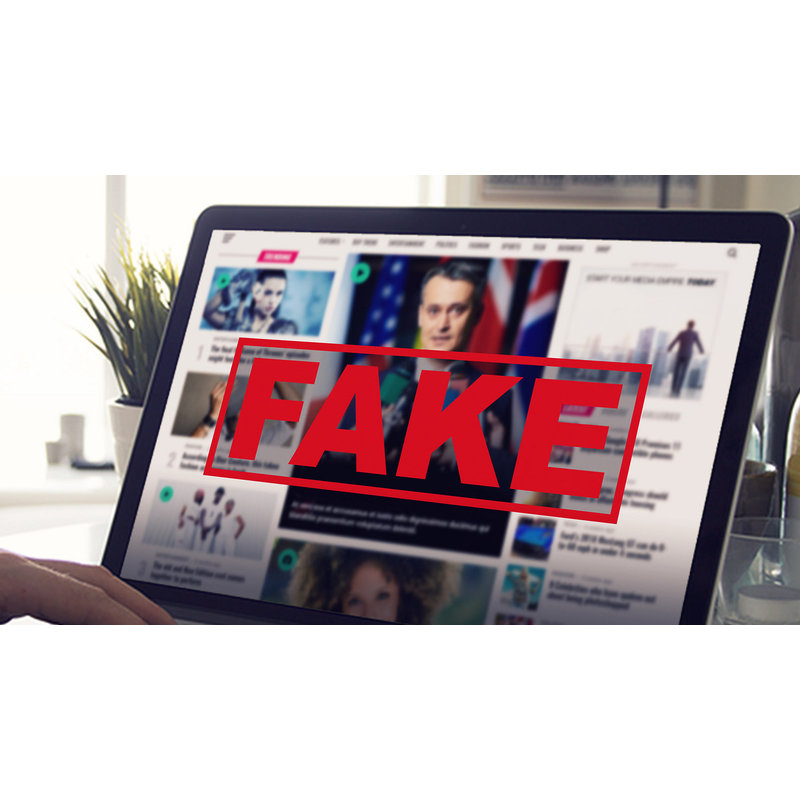Three researchers – British and French – Posted on January 12 Research on this topic, where they started from a simple premise: If we consider that resources are limited in combating the torrent of false or misleading news, should we focus more efforts on this fight against disinformation, or on ways to “support acceptance of reliable information”? In other words, they write, “Enhance trust in powerful sources, adherence to reliable information, and acceptance of good news.”
Their hypothesis is also that, in everything that is posted on the networks, the percentage of truly false news will be relatively low: 5%, they estimate. It is the biggest influence of fake news that has always been the biggest problem. So, did they try to determine, could an increase in the percentage of reliable information have a measurable effect?
The result: even a small increase in this reliable information appears to have an effect. “A percentage point increase in adherence to reliable information has a greater effect than the complete disappearance of misinformation.”
They admit that the big weakness of their analysis is that it doesn’t take into account the “bubble effect” where the more someone clicks on some kind of fake news, the more the algorithm sends out similar news. “Our models do not take into account the potential for some content of misinformation to be extraordinarily harmful, to the point that even a small portion of the population accepts that misinformation can be a significant problem.”
In addition to their analysis, they have no solution to “increase” the percentage of reliable information that such and such an audience would like to read or listen to. Some approaches have been mentioned, based on previous studies: for example, in the media, more transparency about the journalist’s approach (explaining why the topic was chosen and how it was covered), according to some researchers, can increase public trust. More information literacy can increase trust in the media. But it is a long term job…

“Subtly charming problem solver. Extreme tv enthusiast. Web scholar. Evil beer expert. Music nerd. Food junkie.”

